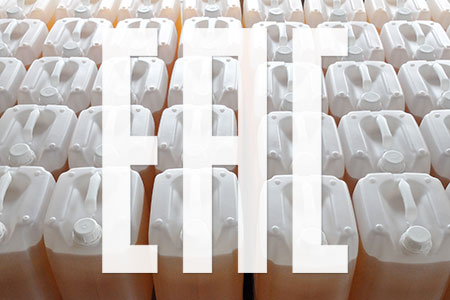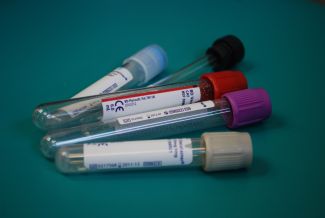
The Technical Regulation of the Customs Union TR CU 030/2012 On safety of lubricants, oils, and special fluids contains binding safety requirements for lubricants, oils and special fluids for the protection of life and health of humans and animals, environment and property. It also serves to avoid misleading actions against the consumer, as well as resource conservation.
TR CU 030/2012 is intended to ensure the uniform application and enforcement of the requirements for new lubricants, oils and special fluids as well as their waste products and products made from lubricants, oils and special fluids in the customs union. It also serves to ensure the free movement of goods.
Adopted on June 20, 2012
Came into force on March 1, 2014
The lubricants, oils, and special fluids may only be put into circulation on the market of Russia and the EAEU if these meet the requirements of this and other Technical Regulations of the EAEU, the necessary requirements are fulfilled and the conformity assessment of the products has been confirmed. The case that other Technical Regulations apply arises when the lubricants, oils and special fluids are processed and used.
The main risks associated with the marketing, use and processing of the products concerned are, as follows:
- fire and explosion hazard
- water content and the content of mechanical impurities in a concentration exceeding the standard values
- ecological effects of waste products entering the environment
Every piece of lubricants, oils, special fluids in circulation must be accompanied by a special quality pass.
Application area of TR CU 030/2012
The technical regulation TR CU 030/2012 applies to lubricants, oils and special fluids.
Under the scope of application of TR CU 030/2012:
- Lubricants, including:
- Lubricating oils of organic origin including:
- Engine oils (universal, for carburettor or diesel engines, piston engines)
- transmission oils
- hydraulic oils
- industrial oils
- compressor oils
- turbine oils
- anti-corrosion oils
- insulating oil
- base oils
- fats
- Lubricating oils of organic origin including:
- Special fluids:
- cooling fluids (including coolant)
- brake fluids
- waste products
TR CU 030/2012 does not apply to:
- products delivered under state defence
- products exported from the customs territory of the EAEU
- products located in the storage of organizations which ensure the public material reserve
- oils of vegetable or animal origin
- products obtained by means of high-temperature distillation of coal tar (also creosotes)
- according to Article 2 of TR 030/2012 products that do not fall under the names "oil", "lubricant" and "special liquid" products
The conformity assessment process
The conformity assessment with the requirements of the Technical Regulation TR CU 030/2012 On safety of lubricants, oils, and special fluids is carried out in the form of an EAC Declaration. The applicants are legal entities or individuals who are either manufacturers or importers (sellers). The tests for the conformity assessment process are carried out by the manufacturer himself, a test laboratory or an accredited body, which is registered as such in a corresponding register for test laboratories.
Accompanying documents
The supporting documents must be submitted in Russian or in the official language of the member state of the customs union. The accompanying documents include:
- technical description and documentation
- delivery contract and shipping documents
- quality pass
- safety pass
- a copy of the document proving that the consignee is registered as a legal person or sole proprietor in a member state of the EAEU
- instruction manual
- test reports
- data sheet
- copy of the certificate of conformity
- copy of the quality management system certificate
EAC marking

Products declared according to TR CU 030/2012 must be marked with the EAC marking before launch. The conformity marking shall be affixed to each product unit as well as to the respective quality pass. The corresponding marking may only be made if the corresponding product meets the requirements of all Technical Regulations under which it falls.
Period of validity of the EAC Declaration
The validity of the EAC Declaration for serial production of lubricants, oils, and special fluids is 3 years.
TR CU 030/2012 On safety of lubricants, oils, and special fluids in the Russian language



















































